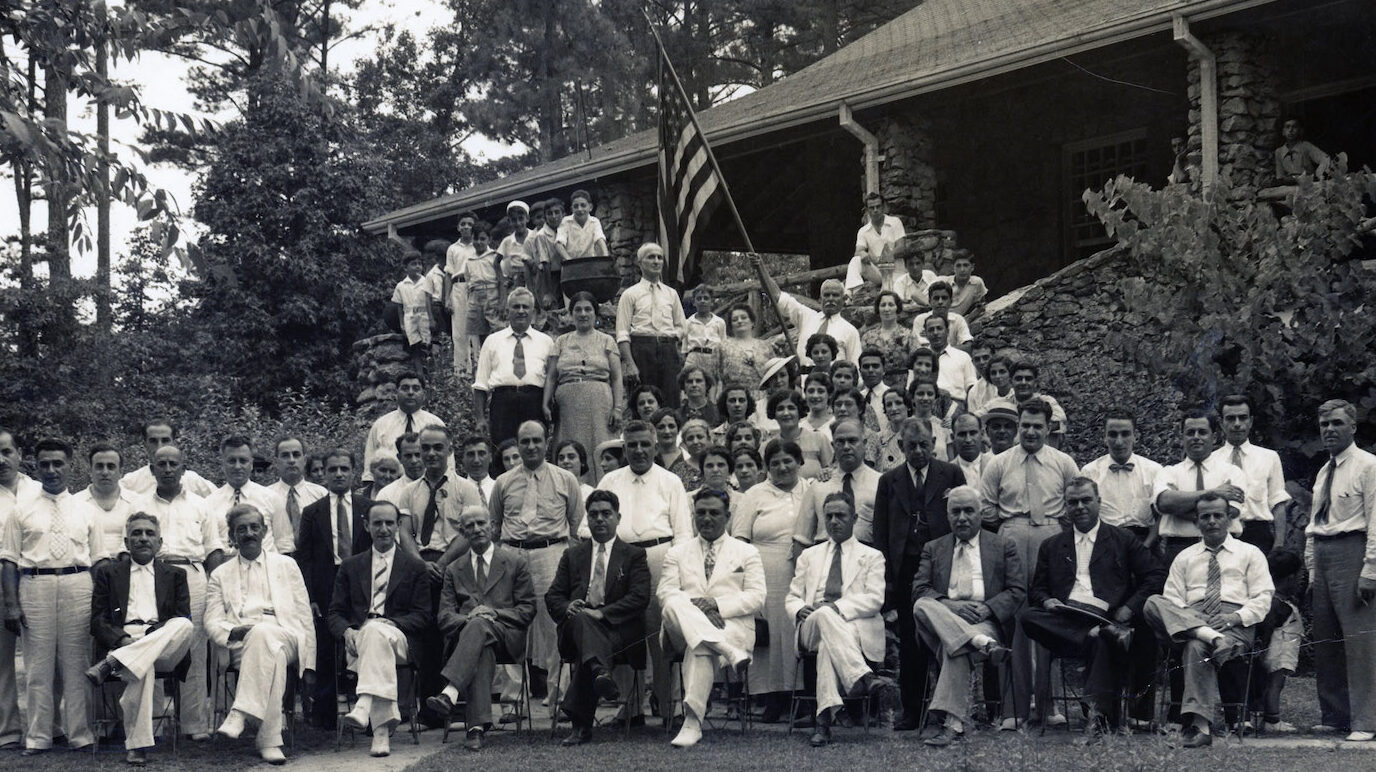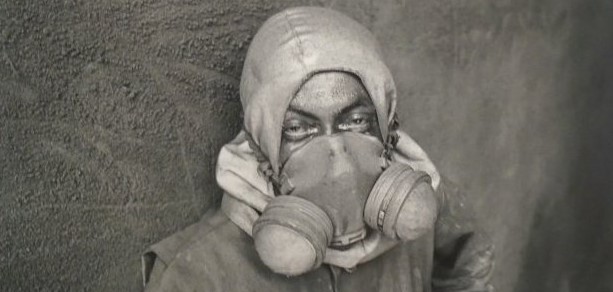Adoptive Diaspora (1 of 3)
This post is written by Raja Abillama, former professor of anthropology and international studies at North Carolina State University. He currently teaches Fordham University. His research is focused on transnational secularism and the government of religion in Lebanon.
This article is the first in a series of 3 articles on the topic of adoptive diaspora in and from Lebanon. “I was born in Beirut in the early 1980s, at Hospital Y … My birth is archived at the hospital, but a birth certificate that would have obtained me a civil record and Lebanese nationality is non-existent … A European couple is notified of my birth, by fax. The hospital’s nuns and midwives, with the doctors’ approval … hide me in the basement … for several days, until my new family arrive. I finally leave the hospital, as the doctors recommend, with a French birth certificate that stipulates that my adoptive parents are my biological parents. Thanks to this fake document, my adoptive father becomes my official biological father before the French consul in Beirut. We are at a time of war: the airport is shut down and the only option to leave the country is the maritime route between the small Lebanese ports and Cyprus … From there, we will fly to Europe.”[1]
I first learned about the existence of an adoptive diaspora while carrying out research for my book on the mechanisms by which the state in Lebanon governs religion. The increasing prominence of “human rights” and “development” in the country eventually led me to investigate a series of reform measures aimed, in their name, at aligning national law and judicial institutions with the norms of a global morality. Behind these measures stood a heterogeneous group of lawyers, judges, activists, and NGOs among whose activities was a campaign to raise awareness and provide support to adoptees claiming a “right to roots” or “origins.” I had the opportunity to meet some of the adoptees and activists—and the adoptee-activists—last summer (2015). “Adoptive Diaspora” is a term I use to speak about an emerging community of young Western Europeans and North Americans who have in common their discovery of their birth and their legally ambiguous adoption by foreign couples during the Lebanese civil war of 1975-1990 and earlier episodes of violent conflict in the country. I say “emerging community” because it is only recently that they have begun to reach out for each other and mobilize as a single group sharing the similar origins, desires, and interests.
The adoptive diaspora extends beyond the adoptees themselves, however, to encompass a transnational circuit of biological and adoptive kinship, hospitals, orphanages, lawyers, doctors, midwives, nuns, diplomats, civil servants, and traffickers linked together through sometimes shady medical practices, ambiguous moral discourses, legal norms and procedures, complex administrative apparatuses, and systems of communication and transportation. This circuit, together with its institutional and infrastructural support, constitutes a source of identity and self-intelligibility to many adoptees. It also carries, especially in the darker regions of its irregularities, a multifarious range of emotions—doubts, fears, suspicions, disappointments, despair—and aspirations for authenticity, sincerity, trust, and truth. Their stories are clearly marked by the silence that confronts them while searching for information about their biological parents and conditions of their birth in the civil registries, hospitals and orphanages of Lebanon. They could not obtain the necessary documents as easily as they had thought—if indeed they did obtain them at all—and came up against people’s reluctance to speak to them about the circumstances of their birth and subsequent adoption. Indeed, in some cases all they received were blatant threats to give up their search. It was at this point of frustration that their trajectories converged with the efforts of some concerned Lebanese citizens seeking to reform the laws of adoption and the conditions of the orphanages in Lebanon, which they feel are far below humane standards. In the meantime, they began organizing: collecting information, documenting, archiving, building databases, writing articles and keeping blogs, speaking at conferences, organizing workshops, staging performances, airing documentaries, and making appearances on national and international television. From this preliminary research a number of themes are emerging, three of which I will outline in what follows: history of adoption, adoption under Lebanese law, and the politics of adoption.
In the first place is a series of questions about the history of adoption in Lebanon: How does adoption figure in periods of civil violence, such as the civil war of 1975-1990, the “revolution” of 1958, the first and second world wars, and before that, the several rounds of violence that erupted in the Mount Lebanon in the 19th century? Inquiring further into these conditions would cast light onto the social, sectarian, moral, legal, and institutional history of the Lebanese civil wars. Moreover, this grounding of adoptee identity in civil violence, whereby the latter is given a quasi-causal status in one’s predicament, implies participation in the country’s history and memory. More historical questions: What was the role of the French Mandate in legalizing adoption in the modern Lebanese state? Was adoption operative in the Ottoman Empire, and if so, under what form, given that “Western,” Christian, modern, or secular notions of adoption do not exist in the shari’a? The legalization of adoption figures as a constitutive feature of the modern state and its civil legal order, which in Lebanon is not so straightforward, since personal status—birth, marriage, and death—falls under the exclusive jurisdiction of the eighteen communities of Muslims, Christians, and Jews.
This gives rise to a series of legal questions—my second theme—namely, how does “adoption” figure in Lebanese law? Under what authority does it fall? Does the state have any role at all—even if only administrative—to play in processes of adoption? In addition, the adoptees are claiming a right to roots or origins in the name of international law and human rights, which the Lebanese state is obliged to recognize. Yet, if the Lebanese state does not have jurisdiction over adoption, which falls under the jurisdiction of religious communities, what are the practical consequences of recognizing a right to roots? What are the implications of recognizing a right to origins on naturalization and citizenship, and on the character of religious laws and judicial institutions? Reversibly, how will the increased influence of international conventions and charters and of human rights bear on the Lebanese state and on the practice of adoption in Lebanon? How would the pursuit of the right to origin be addressed by judges in Lebanon given the existing legal framework in the country?
The third theme that is emerging from the material I have analyzed so far is political, and may be broken down into three distinct problems. First, adoption is not merely a private issue that is to be addressed by law, but must be understood as an articulation of overlapping fields of power. Indeed, adoption is only possible in such fields of power: imperialism, colonialism, class, gender, ethnicity, and age. Second, more specifically, revealing the illegal conditions of the adoptions that took place during the civil war may implicate officials, politicians, clergy, and members of the medical profession who have maintained or managed to acquire prominent positions in the secular and religious hierarchies. The threats that adoptees receive are tied to this political history. Finally—and this brings us back to the law—any serious attempt to extend the state’s purview over adoption and, by implications, personal status, by means of a national law risks antagonizing both Christians and Muslims, give rise to tensions between the communities, and threaten the public order. I continue this thematic outline in the second installment of this series, which discusses questions of subjectivity, identity, and knowledge. In the third installment, I focus more on the accounts and activities of some adoptees in Lebanon.
Resources
[1] Guigan, Dida. La découverte de pratiques illicitness d’adoption lots de la quête des origines. Translation by author with a few modifications on the original text. Guigan mentions name of hospital and of her parents’ country of origins. Author omitted all identifying cues from translation.
- Categories:


